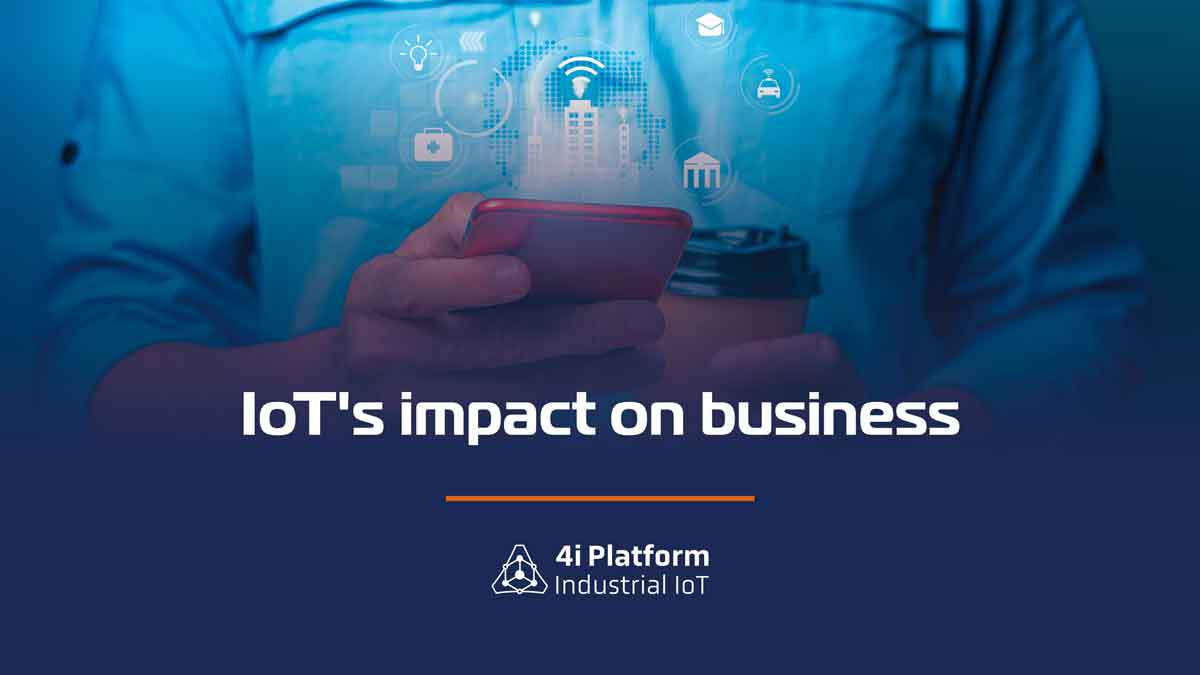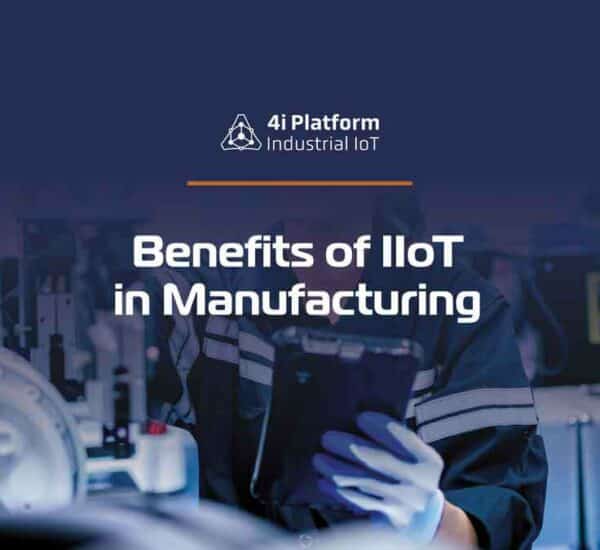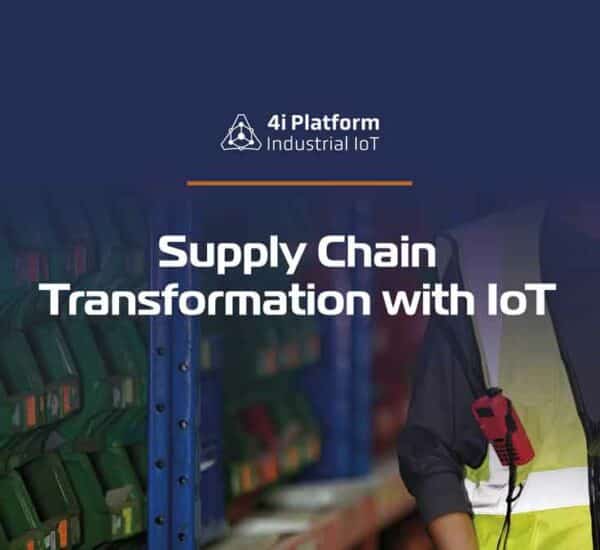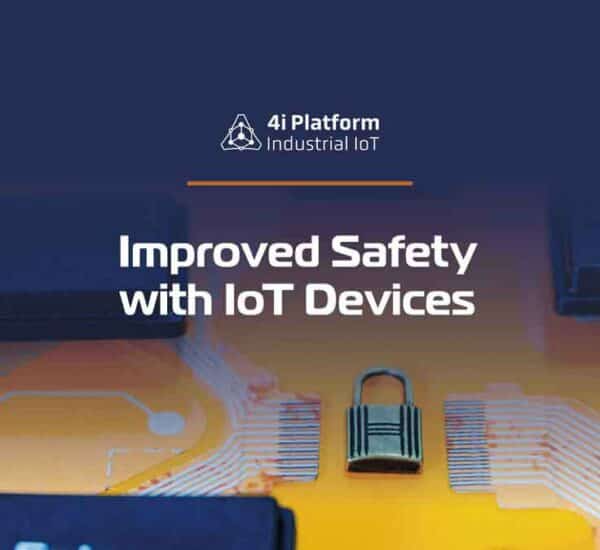The Internet of Things is a network of all sorts of connected devices that allows digital transformation in many areas of our lives. It also signals the promise of hyper efficient, smart cities. What is the effect IoT has on business?
A recent report from Economist Intelligence Unit assessed the current IoT impacts on businesses, compared with similar research conducted by the firm in 2013. The study examined IoT deployment by companies, their perceived barriers, and the expected consequences.
What Does the IoT Mean for Businesses?
The survey found that half of respondents believe the IoT will have an impact on their business in the near future. IoT offers many benefits, including lower costs, efficiency improvements, and new insights that will enable innovation and new revenue streams.
IT, financial services, and retail have been making the most progress with IoT for external products, services, and internal projects.
The report also highlighted specific examples of companies that are using IoT to transform their businesses. ISS, a facilities management firm, is using sensors embedded in its buildings to collect data and analyze occupant behavior. This gives it an opportunity to drive higher and better efficiency.
However, other areas such as construction, real property, and facilities administration are not using IoT technologies despite their potential benefits.
IoT in the Automotive Industry
Connected cars are quickly becoming a reality in the automotive sector. This will improve both the driving experience and the ownership experience. Daimler’s IoT is driving a revolution in car ownership.
The company believes connectivity could allow people to use their vehicles remotely to monitor and manage their usage. Thus, cars can be matched up to demand. It believes the IoT will be key to its transformation to become a mobility company.
IoT in the Healthcare Sector
The healthcare sector could also use IoT to facilitate connected care networks, which link patients, physicians, and clinical specialists. This will allow for the expansion of the ecosystem of customers, partners, suppliers, patients, and other stakeholders.
One medical equipment maker is not happy with just creating connected devices. With the IoT, it can participate in an interoperable network where equipment and other services work seamlessly together. Now it is possible to properly store large amounts of the resulting medical data and have it analyzed in the cloud, which can improve efficiency and patient care.
IoT Has Unlimited Potential in Business
While IoT technologies are widely believed to offer many transformative possibilities, EIU respondents reported some challenges. 56% of respondents reported that IoT technology deployment didn’t occur as as quickly as they expected it to be three years ago.
Furthermore, their biggest concerns are about practical matters like the high investment required in IoT infrastructure as well as issues surrounding security.
Respondents understood the importance of senior executive support in IoT investments. However, fifty percent of respondents stated that they had this support in their IoT endeavors, which bodes well both for the future, and their ability to cash in on these benefits.
While we may not be in a position to precisely assess the IoT’s true impact on businesses until widespread adoption occurs, the limited sample size that we’ve seen so far suggests that there are many possibilities for IoT’s transformative potential in business.





